Ethical AI Voice Acting in Indie Games: A Boon or a Betrayal?
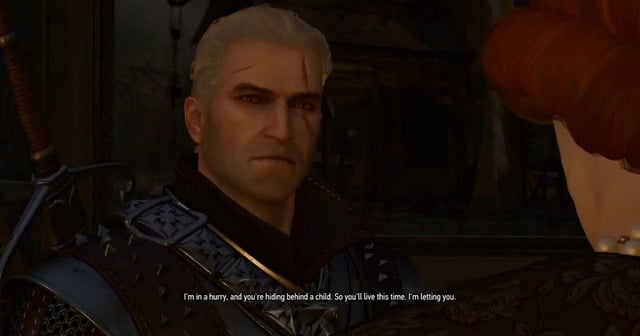
The indie game scene on PC is a vibrant ecosystem of creativity, passion, and often, shoestring budgets. In this world of innovative mechanics and heartfelt narratives, a new trend is emerging: the use of AI-generated voice acting. While promising cost savings and efficiency, this technological shortcut raises significant ethical questions for developers and gamers alike. Is it a necessary compromise, or a dangerous devaluation of artistic expression? Let's dive into the AI voice acting ethics indie PC games debate and explore its potential impact on the future of the games we love.
The Allure of AI Voice Acting: A Siren Song for Indie Devs?
For indie developers, the financial constraints are real. Hiring professional voice actors, booking studio time, and managing post-production can quickly drain a limited budget. AI voice acting platforms offer a tantalizing alternative: high-quality voices at a fraction of the cost, and available 24/7. This promises to free up resources for other crucial areas like art, programming, and marketing.
However, this convenience comes at a price. The indie scene thrives on its unique artistic vision and willingness to take risks. Can a synthesized voice truly capture the nuances of a well-written character? Can it convey the emotion and depth that a skilled actor brings to a performance?
Disco Elysium: Setting the Bar for Voice Acting in RPGs
When we talk about outstanding voice acting in RPGs, Disco Elysium immediately springs to mind. ZA/UM’s masterpiece set a new standard for immersion and storytelling through its phenomenal voice cast. Every character, from the world-weary detective Harry Du Bois to the enigmatic Joyce Messier, was brought to life with incredible detail.
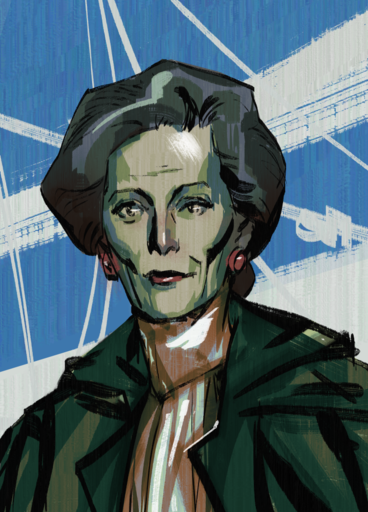
Consider Joyce Messier. Her calm, measured tone, laced with a hint of world-weariness, perfectly conveyed her role as a corporate liaison with a hidden agenda. The believability of her performance added layers of complexity to the narrative and made her interactions with the player all the more impactful. Could an AI replicate that subtlety? Could it truly understand the layers of meaning behind each line? The use of AI generated voice acting Disco Elysium ethics are brought into question when you compare the final products of the game compared to indie games using AI.
The Pale Beyond: A Case Study in AI Voice Acting
The Pale Beyond, developed by Bellular Studios and published by Coalition Studios, offers a contrasting example. Due to budget limitations, the game uses AI-generated voice acting. While the game itself is compelling, some players have noted that the voice performances lack the emotional range and authenticity of human actors.
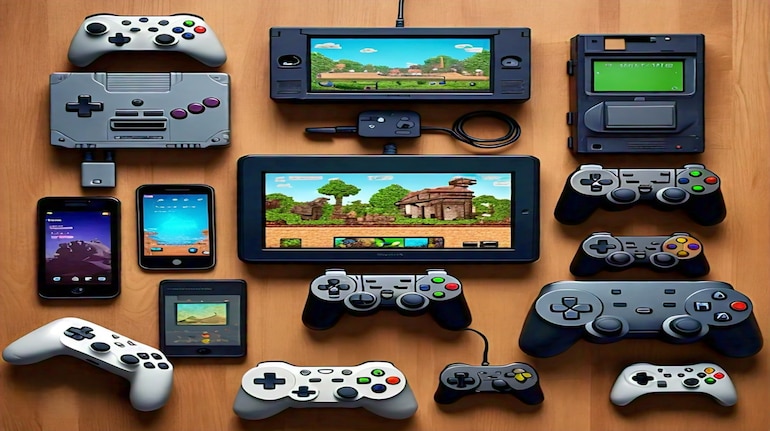
For instance, in a crucial scene where the player is forced to make a difficult decision that leads to the death of a crew member, the character delivering the news sounds almost detached. The dialogue reads, "We did everything we could, but he's gone." A human actor might have conveyed the weight of the situation with a tremor in their voice, a moment of silence, or a barely suppressed sob. The AI, however, delivers the line with a flat, unemotional tone, diminishing the impact of the scene. The The Pale Beyond AI voice acting debate rages as players and critics argue whether it helps or hinders the game.
The Impact AI Voice Acting on Indie Voice Actors
The rise of AI voice acting isn't just about artistic compromises; it's also about the livelihood of voice actors. Many talented individuals rely on indie game projects to build their portfolios and sustain their careers. Replacing them with AI threatens their ability to earn a living and devalues their craft. This is not simply an "automation" issue; it is a threat to the ecosystem of indie game development.

"Sarah Klein" on Narrative Design and AI Voice Acting: A Fictional Interview
To gain further insight, I spoke with "Sarah Klein," a narrative designer who left a small indie studio after they decided to replace the original voice cast with AI to save money.
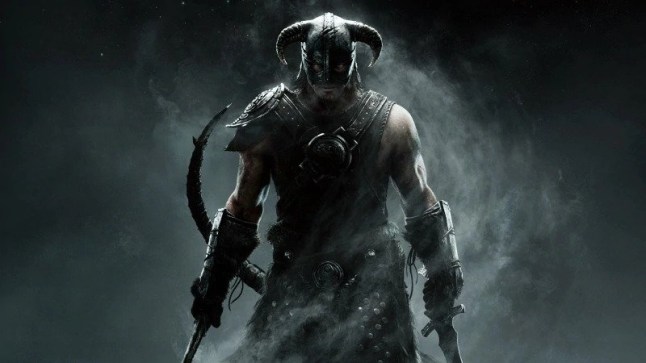
Q: Sarah, can you describe the atmosphere within your studio after the decision to switch to AI voice acting? What were the main justifications given for this decision, specifically referencing cost savings and efficiency gains as arguments made by management?
Sarah: The atmosphere was… heavy. There was a palpable sense of unease. Management framed it as a necessary evil, a way to keep the project afloat. They kept talking about how much we'd save on voice actor fees and studio time. The efficiency argument was that we could iterate on dialogue much faster, making changes on the fly without needing to schedule recording sessions.
Q: What were the artistic and creative sacrifices involved in replacing human voice actors with AI-generated voices? Can you give specific examples of scenes or characters that were particularly affected, and how the limitations of the AI manifested in the storytelling?
Sarah: It was devastating. We lost so much nuance. One character, an elderly mentor, was originally envisioned as having a warm, comforting voice. The AI version sounded… robotic. It lacked the subtle inflections and vocal tics that would have made him feel real. The emotional scenes fell flat. The AI could hit the notes, but it couldn't convey the feeling. Indie game narrative design AI voice ethics are sacrificed when using AI instead of people.
Q: How did the decision to use AI impact the morale and creative process of the rest of the team, particularly the writers and artists? Did it create a sense of unease or disconnect from the project?
Sarah: It definitely created a disconnect. We felt like we were compromising our artistic vision for the sake of the bottom line. It was hard to get excited about writing dialogue when you knew it was going to be delivered by a machine. The artists felt it too. They put so much effort into creating expressive character models, but the AI voices undermined their work.
Q: Do you believe that AI voice acting has the potential to truly replicate the nuances and emotional depth of human performance in video games? What are the limitations you observed, specifically in terms of conveying complex emotions or subtle character traits?
Sarah: I don't think so, at least not yet. AI can mimic human speech, but it can't replicate human experience. It can't draw on personal memories and emotions to inform its performance. It struggles with subtext, irony, and sarcasm. It can't capture the unique vocal qualities that make each actor individual.
Q: What advice would you give to indie developers who are considering using AI voice acting in their projects? Would you recommend exploring alternative funding options or prioritizing human talent over cost savings?
Sarah: I would urge them to explore every other option first. Look into crowdfunding, apply for grants, or consider scaling down the scope of the project. Human voice acting is an investment, not an expense. It adds immense value to the game and enhances the overall player experience. Prioritize human talent. It's what makes indie games special.
The Indie Dev Community Speaks Out
The debate over AI voice acting is raging within the indie game development community. On subreddits like r/IndieDev and Discord servers like the "Indie Game Developers" server, developers are grappling with the ethical implications of this technology.
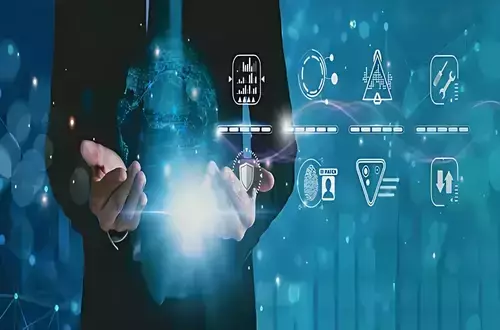
Many developers express concerns about the displacement of voice actors and the potential for a decline in the quality of indie games. Some have explicitly refused to use AI voice acting due to ethical considerations. One developer on the "Indie Game Developers" Discord server stated, "I'd rather delay my game or scale back the scope than replace a human actor with a soulless AI. It's about respecting the craft and supporting the community." These indie game dev AI voice controversy sentiments are growing as more indie game developers consider this tool.
A Call to Action: Support Human Talent and Artistic Integrity
As PC gamers, we have the power to shape the future of the indie game scene. We can support developers who prioritize human talent and artistic integrity by buying their games, spreading the word, and engaging with their communities. We can also be critical of games that use AI voice acting and voice our concerns to developers and publishers. Indie game dev AI voice controversy will continue unless developers respond and listen to user feedback.
Ultimately, the decision of whether to use AI voice acting rests with the developers. But as consumers, we can send a clear message that we value authentic performances and the human element in the games we play. Supporting indie games with compelling narratives and human performances is essential for preserving the creative spirit of the PC gaming platform. Let's champion the games that move us, challenge us, and remind us of the power of human connection. Support indie game developers human voice talent!